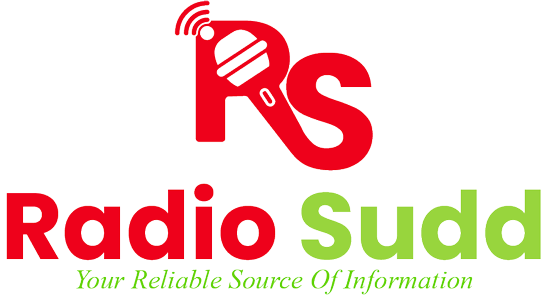By Deng Ghai Deng
Bor, South Sudan — The Jonglei State Ministry of Information and Communication, in collaboration with the Media Authority and supported by Journalists for Human Rights (JHR), convened a high-level roundtable discussion in Bor on Thursday, aiming to confront the growing threat of misinformation, disinformation, and hate speech.
Themed “The Role of Independent Media in Combating Hate Speech,” the event brought together media professionals, government officials, and representatives from organized forces, including the police and the South Sudan People’s Defense Forces (SSPDF). The dialogue focused on reinforcing public trust through responsible journalism and strengthening the role of independent media in South Sudan’s evolving information landscape.
Nyamar Lony, Jonglei State Minister for Information, emphasized that strengthening media literacy is essential to counter false narratives and build trust between the public and the media.
“To strengthen public trust, we must actively promote media literacy,” said Minister Lony. “This involves educating individuals to critically evaluate information, recognize bias, and identify manipulative tactics. Transparency and robust fact-checking initiatives can significantly help prevent the spread of false claims and foster the distribution of accurate and verified information.”
May Ajith, Project Manager at JHR, highlighted the influence of everyday community spaces in countering misinformation and called for innovative programming by local media houses.
“You can’t bring everybody into this room. But those of you here—if you go out and talk to your social groups, especially in tea places and at home—you will create a better impact,” she said. “If journalists create regular programs on mis- and disinformation, we can support with a curriculum to help guide content development that promotes peace and unity.”
Speaking on behalf of the Media Authority, John Mahou urged journalists to uphold professional standards and adhere to legal protocols to enhance credibility and reduce conflict.
“Let’s use the available legal frameworks to ensure we exercise our rights instead of resorting to violence or force,” Mahou said. “Seek accreditation to carry out your work professionally and without challenges. The Ministry and the Media Authority are always open to cooperation and resolving concerns amicably.”
The roundtable concluded with a collective call for stronger partnerships between the media and government, the promotion of fact-based reporting, and continuous public engagement to ensure an informed and peaceful society.
